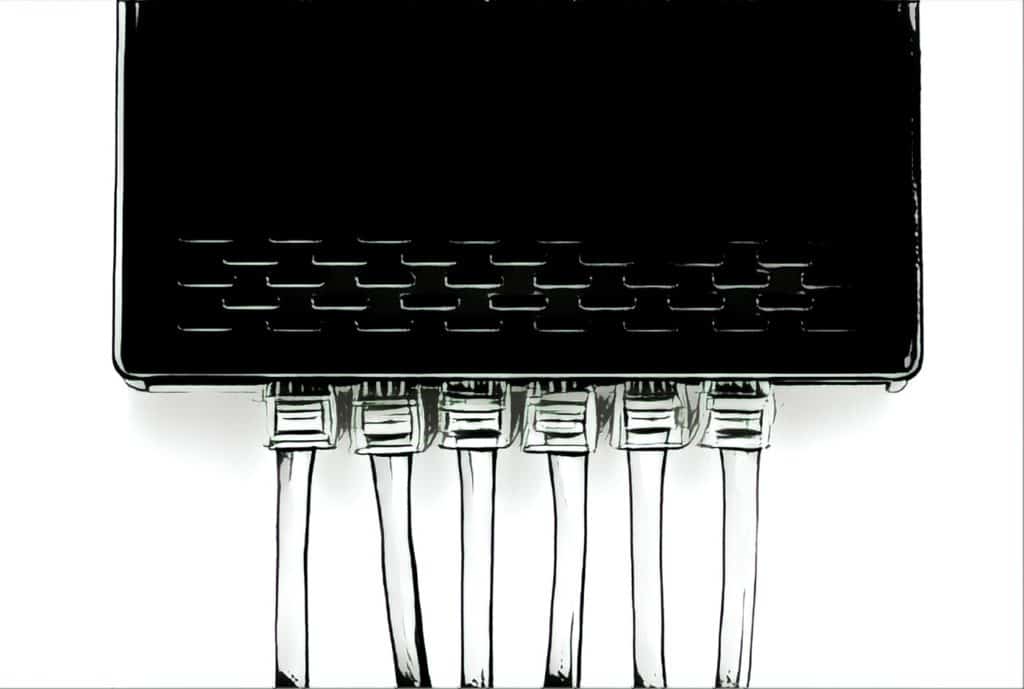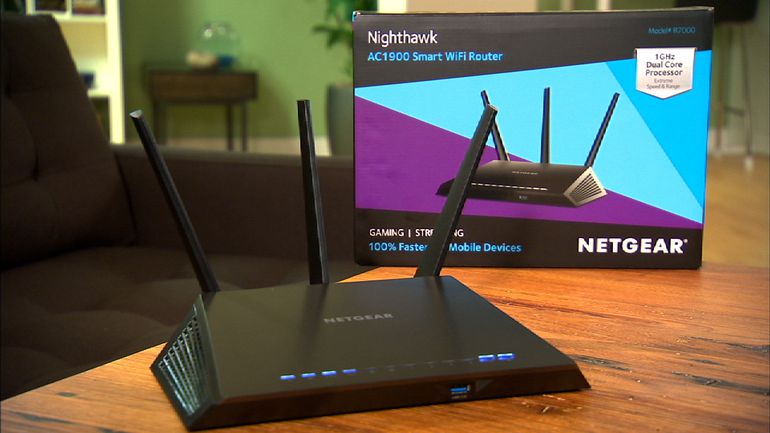In-brief: The April 7th hijacking of more than 100 civil defense sirens in Dallas was dismissed as an “old school” hack that relied copycat radio tones to set off a cacophony that lasted for nearly two hours. But was it? Security researcher Mark Loveless (aka “Simple Nomad”) has his doubts about the official explanation. In this latest Security Ledger podcast, he talks to Editor in Chief Paul Roberts about what might have really gone down in Dallas.
wireless
Telepresence Robots? Hackable.
In-brief: Residents of Uncanny Valley have something more to worry about: telepresence robots by the firm Double Robotics contain numerous, exploitable vulnerabilities, the firm Rapid7 reports.
NetGore: Simple Flaw Affects Hundreds of Thousands of Netgear Devices
In-brief: Weeks after the Federal Trade Commission sued the firm D-Link for weak security in its broadband routers, dozens of routers made by the firm NetGear are reported to also be vulnerable to trivial hacking attacks. Small businesses including restaurants and cafés are heavy users of the devices and may be particularly vulnerable, according to experts at the firm Trustwave.
Netgear: 11 Home Router Models affected by Flaw, 3 patched
In-brief: A week after security experts at Carnegie Mellon’s CERT advised consumers about a serious security hole in home routers from the networking equipment maker NETGEAR, that firm has expanded the list of affected router models to 11, while offering official software patches for three of those models. Thousands of affected devices can be found online.
More Warnings on Security in Implantable Medical Devices
Researchers from universities in Belgium and the UK have published research showing that a wide range of implantable medical devices, including implantable defibrillators are still vulnerable to wireless snooping and denial of service attacks. The research, which mimicked the work of a naive (or “weak”) adversary, found that few security protections have been added to such devices, years after researchers first demonstrated that they are vulnerable to wireless attacks and other manipulation. The discoveries apply to at least 10 types of implantable cardiac defibrillators (ICDs) that are currently on the market, though the devices and manufacturers are not named. The researchers, from Katholieke Universiteit te Leuven in Belgium (KU Leuven) and the University of Birmingham in the United Kingdom echoes the claims made by the firm MedSec earlier this year, which warned of security holes in ICD devices made by St. Jude in August. That research was the foundation of a call […]





